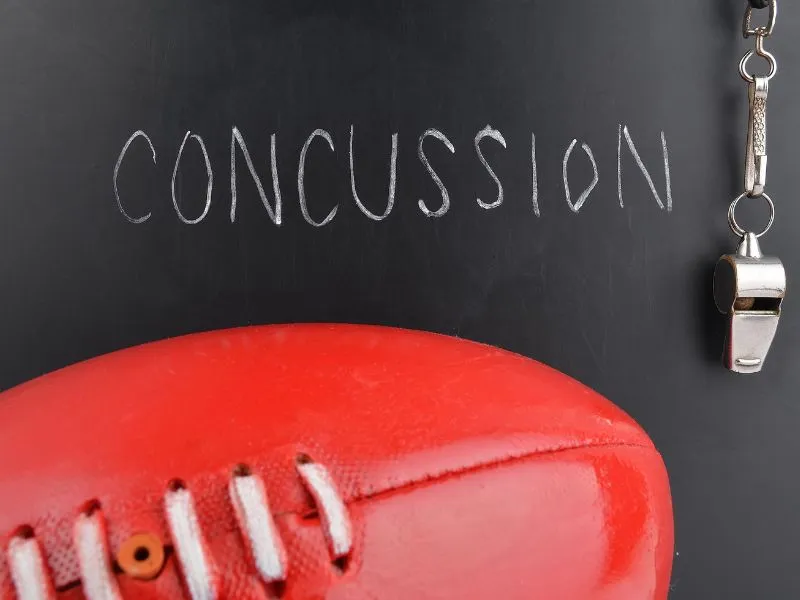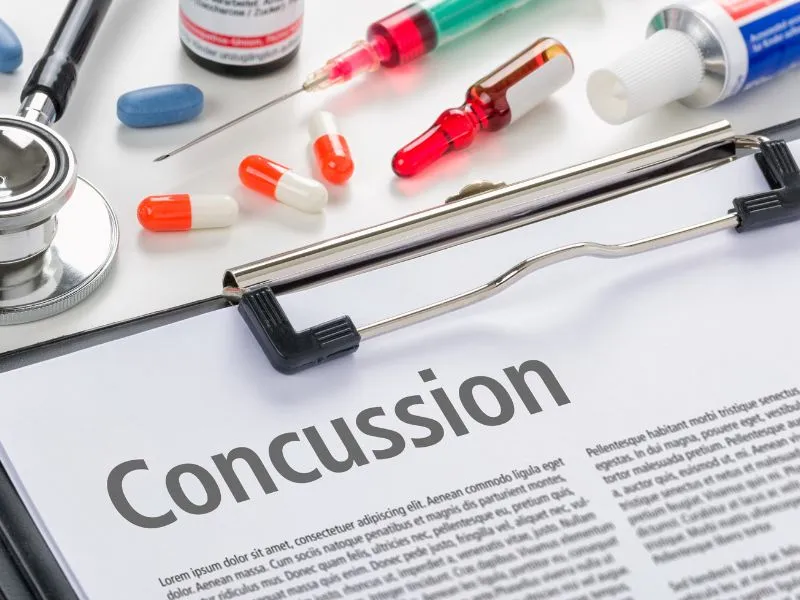Concussion is the most common symptom of a head injury. It’s caused by a disruption of a central section of the brain known as the Reticular Activating System, which is responsible for dealing with awareness and consciousness. When the brain is suddenly jolted, the brain cells in this area (and elsewhere) are moved out of position, which disrupts the signals between them.

Concussions and Mental Health: Exploring the Connection

The Short-Term Mental Health Effects of Concussions
In the immediate aftermath of the injury, the concussion sufferer may experience a range of mental health effects.
You might suffer severe mood swings and irritability. You might feel stunned, see double, or feel sick. When these symptoms manifest, you can usually conclude that a concussion is responsible.
Long-Term Mental Health Consequences of Concussions
There’s considerable research pointing to a link between concussion and longer-term mental health problems. Sufferers might be prone to depression and anxiety, and at increased risk of neurodegenerative disorders like dementia. The more concussions you’ve suffered, the greater the risk in the long term.

It’s for this reason that participants in certain sports like boxing and football, or those who’ve served in the military, should be wary of the problem as they reach later life. Of course, it’s difficult to disentangle these effects from those of repeated blows to the head which did not produce any of the short-term symptoms we associate with concussion.
Chronic Traumatic Encephalopathy is the term given to the brain condition which results from repeated head injury – but its effects are cumulative, and can be suffered by someone who has, say, headed a football a hundred thousand times without ever being concussed by one.
Treatment Strategies and Long-Term Support
So, what can we do to address these challenges? The first step is to remove the source of the danger. If you’ve been concussed while playing sport, then it’s time to stop playing and apply a cold compress. Paracetamol can be used to deal with the pain, but avoid NSAIDs like ibuprofen.

There are therapies which target the symptoms of concussion in the medium term. These might be pharmaceutical, or they might involve counselling and social support. If you need financial support during this time, and you believe that someone is to blame for the injury, then you might look at making a no-win, no-fee claim.
Final words about Concussions and Mental Health: Exploring the Connection
What really matters is that you monitor your symptoms and experience, and get yourself to A&E if you notice any further symptoms, like bleeding from the ears, vomiting, or sudden drowsiness.




